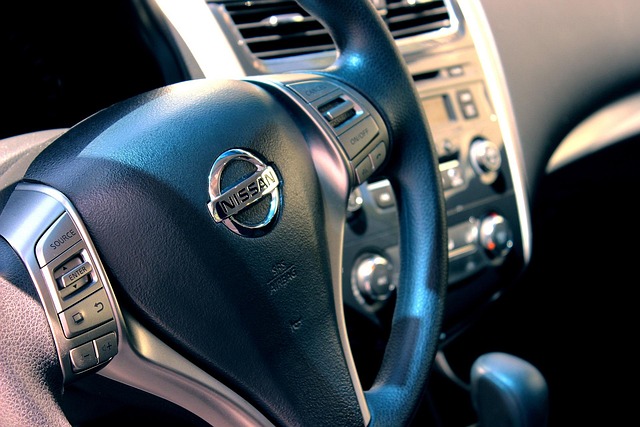Car title loan assumption by a third party offers borrowers a strategic exit strategy, allowing them to transfer ownership and reduce financial burden while retaining vehicle control. This process involves providing key documents like the original car title, ID, income proof, and vehicle valuation reports for transparency. It's crucial to understand legal implications, state laws, and best practices, including clear communication and careful review of terms before signing. This ensures a smooth transition benefiting both borrowers seeking relief and new lenders assuming responsibility.
Looking to transfer a car loan without hassle? Discover the essential documents required for a smooth car title loan assumption by third party. This comprehensive guide breaks down the process, from understanding the concept to navigating legal considerations. Learn what papers, such as the original loan agreement and vehicle registration, are crucial for a successful transfer. By following best practices, you can ensure a seamless transition without delays or complications.
- Understanding Car Title Loan Assumption by Third Party
- Essential Documents Needed for the Process
- Legal Considerations and Best Practices
Understanding Car Title Loan Assumption by Third Party

Car title loan assumption by third party refers to when an individual or entity other than the original borrower takes over the obligations associated with a car title loan. This process allows for the transfer of ownership and responsibility, which can be beneficial in various situations. When considering a third-party assumption, it’s essential to understand that this arrangement is typically structured around the vehicle’s equity, acting as collateral for the loan. The original borrower still retains legal ownership of the vehicle but agrees to hand over control and payment obligations to the new assignee.
This method is particularly common in cases where borrowers need an exit strategy or wish to pass on a loan they can no longer manage. It provides a way to preserve the vehicle’s value, as long as the terms are met, while offering relief from the financial burden of the loan. Secured loans, like car title loans, rely heavily on the asset—in this case, the vehicle—to ensure repayment, and assumption by a third party simply restructures this security. Loan extension is another concept often linked to this practice, as it allows borrowers additional time to repay, potentially reducing monthly payments but extending the overall term of the loan.
Essential Documents Needed for the Process

When considering a car title loan assumption by a third party, several essential documents are required to streamline the process. The primary goal is to ensure transparency and validate the ownership and value of the vehicle used as collateral. Key among these documents is the original car title, which acts as legal proof of ownership. Additionally, the applicant must provide a valid driver’s license or government-issued ID card, emphasizing their identity and residency status.
Other crucial papers include proof of income, such as pay stubs or bank statements, demonstrating the borrower’s ability to repay the loan. A vehicle valuation report is also essential, offering an unbiased estimate of the car’s current market value. This document plays a vital role in ensuring fair quick funding for both parties involved in the car title loan assumption by third-party transaction.
Legal Considerations and Best Practices

When considering a car title loan assumption by a third party, legal considerations are paramount. This practice, while allowing for potential benefits like debt consolidation or loan extension, involves transferring financial obligations and requires adherence to state laws governing secured loans and consumer protection. It’s crucial to ensure that both parties involved—the borrower and the new lender—comprehend the terms, conditions, and risks associated with such an assumption.
Best practices for car title loan assumption by third parties include thorough documentation of vehicle ownership, clear communication about interest rates, repayment terms, and any additional fees. Borrowers should carefully review all documents before signing and seek legal counsel if necessary. This process can help avoid disputes later, ensuring a smooth transition that benefits both the borrower seeking debt relief through vehicle ownership transfer and the new lender assuming the loan responsibility.
When considering a car title loan assumption by a third party, having the right documents in place is crucial. This process allows individuals to transfer ownership of their vehicle-secured loan while maintaining a clear legal path. By understanding the essential documents needed, such as vehicle titles, loan agreements, and identification, along with navigating any legal considerations, borrowers can ensure a smooth transition. With proper documentation, car title loan assumption can offer a flexible solution for those seeking alternative financing options.






